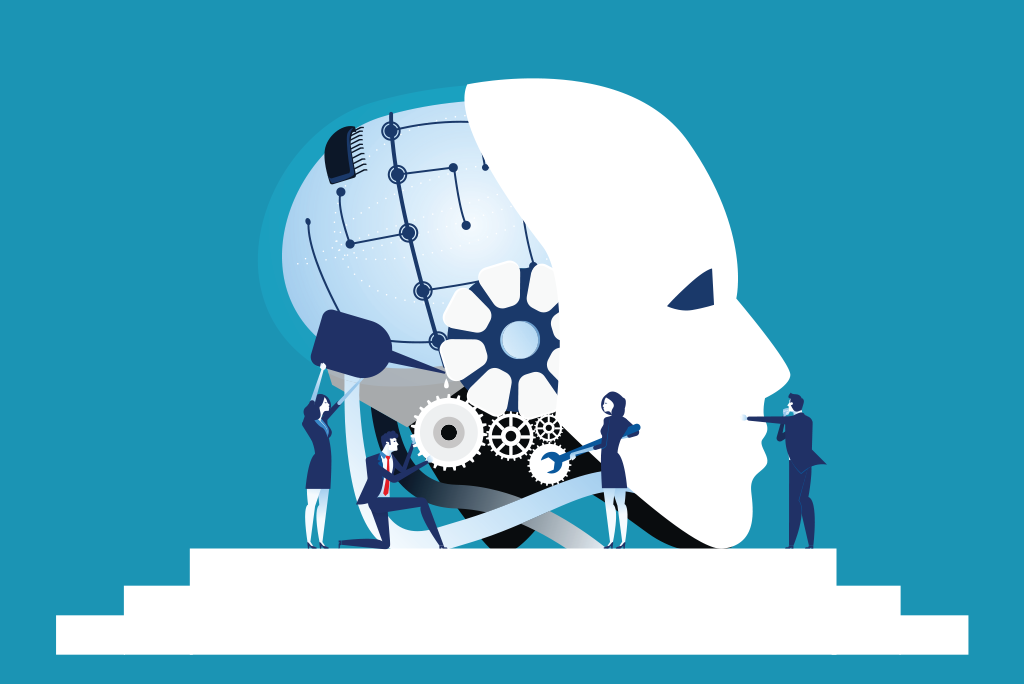Ethical Considerations in AI: Navigating the Challenges of Autonomous Systems
Introduction: Artificial Intelligence (AI) has evolved rapidly, ushering in a new era of automation and autonomy. As AI systems become increasingly sophisticated, the ethical considerations surrounding their deployment become paramount. The ethical challenges in AI are particularly pronounced in the realm of autonomous systems, where machines make decisions without direct human intervention. Navigating these challenges requires a careful examination of various aspects.
1. Transparency and Explainability: One of the fundamental ethical concerns in AI is the lack of transparency and explainability in autonomous systems. As algorithms become more complex, understanding the decision-making process becomes challenging. This opacity raises questions about accountability and responsibility when an AI system makes a decision with significant consequences.
2. Bias and Fairness: The issue of bias in AI has garnered significant attention. Autonomous systems often learn from historical data, and if that data is biased, the AI system may perpetuate and amplify existing biases. Ensuring fairness in AI algorithms is a crucial ethical consideration to prevent discrimination and ensure equal treatment across diverse populations.
3. Privacy Concerns: Autonomous systems often involve the collection and analysis of vast amounts of data. This raises serious privacy concerns, as individuals may not be aware of the extent to which their data is being used. Striking a balance between leveraging data for improved AI performance and respecting individual privacy is a delicate ethical challenge.
4. Accountability and Liability: Determining accountability for decisions made by autonomous systems is a complex ethical issue. In traditional systems, humans are responsible for their actions. However, in autonomous AI, the lines of accountability blur. Establishing clear frameworks for liability and accountability is essential to address the potential societal and legal implications of AI decisions.
5. Job Displacement and Economic Impact: The widespread adoption of autonomous systems may lead to job displacement in certain industries. This economic impact raises ethical questions about the responsibility of AI developers and society as a whole to mitigate these effects. Ethical AI development should consider strategies for retraining and supporting workers affected by automation.
Conclusion: In navigating the challenges of autonomous systems in AI, it is imperative to prioritize ethical considerations. Transparency, fairness, privacy, accountability, and addressing economic impacts are key components of an ethical framework for AI development and deployment. Striking a balance between technological innovation and ethical responsibility is crucial for the responsible advancement of AI.
